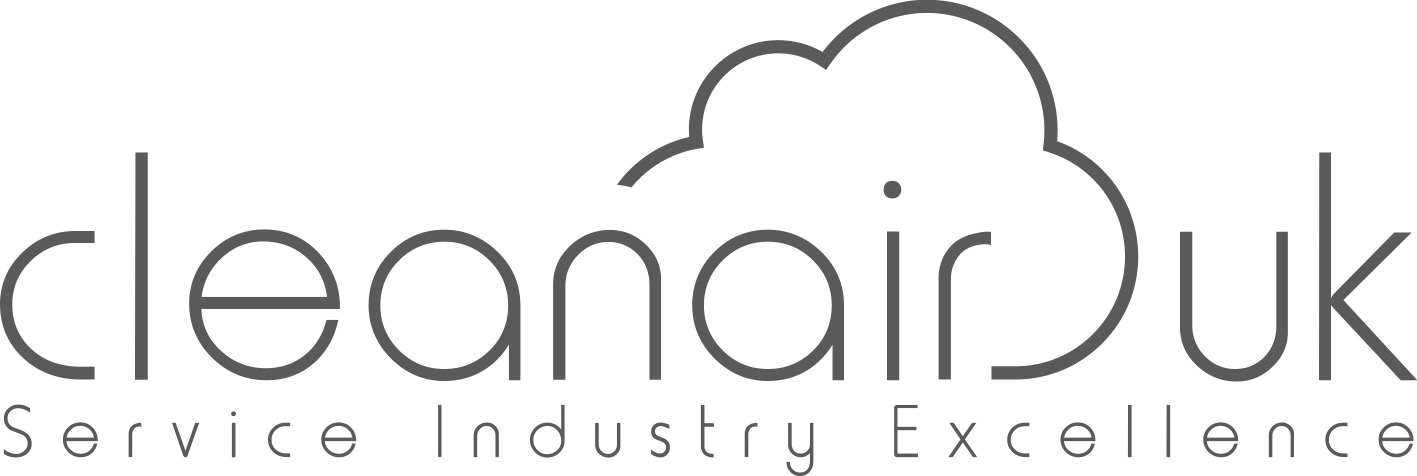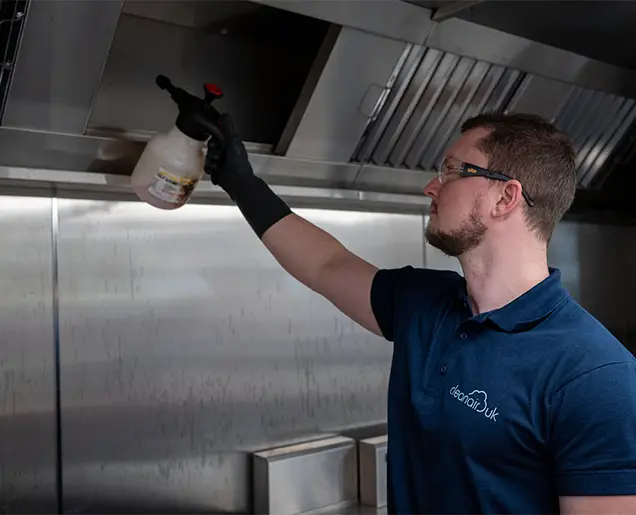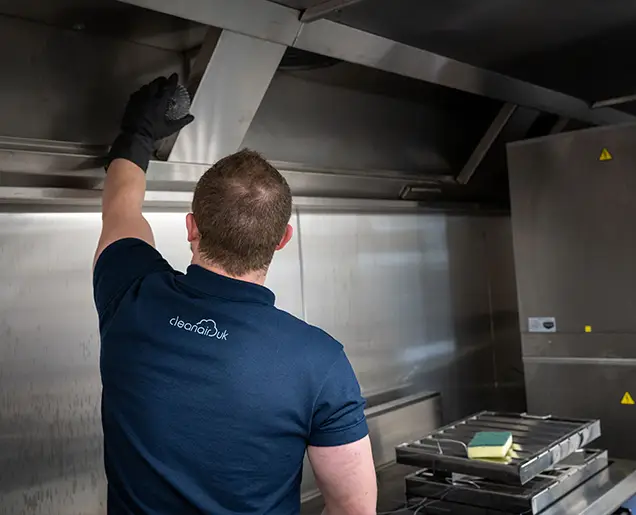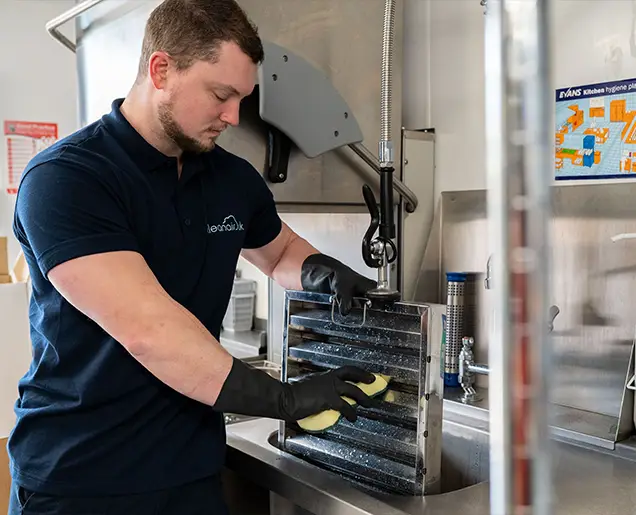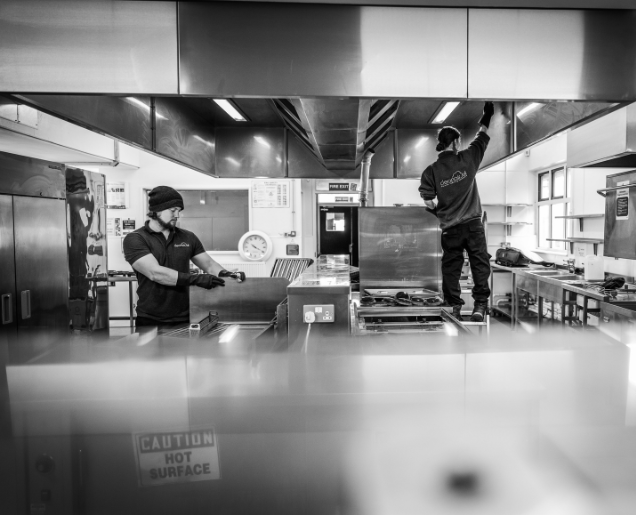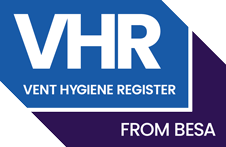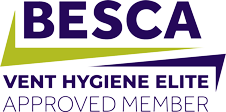A huge thank you to the staff at CleanAir UK who have done the most fantastic job cleaning our kitchen this year. They were prompt, polite, helpful, friendly and amazingly efficient. The kitchen is sparkling and we are thrilled with the results. We will definitely be asking them back next year…
Approximately 80% of kitchen extract systems in the UK have never been cleaned, and therefore pose a very serious fire hazard.
The associated fire risks develop as grease-laden air is directly drawn from those areas above ovens, fryers and grills where the cooking process is taking place, via an extract canopy, ductwork system and discharged to the atmosphere.
As a result, the build-up of grease within the kitchen extract ventilation system is highly combustible and acts as a potential ignition source. All it takes is a small fire from a pan or cooker to be drawn into the system where flames and heat can very quickly spread through a building.
